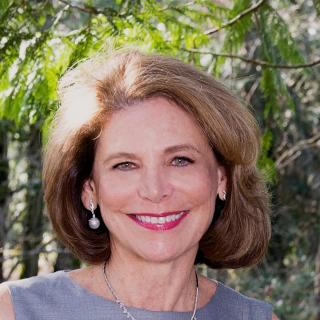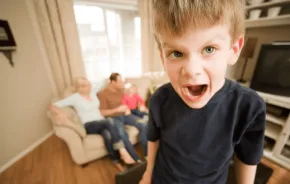 After nearly three days of the greatest compassion fest Seattle’s ever experienced (I could swear even freeway drivers are being more tolerant), I was looking forward to this morning’s workshop, Compassionate Health Care for Children and Families.
After nearly three days of the greatest compassion fest Seattle’s ever experienced (I could swear even freeway drivers are being more tolerant), I was looking forward to this morning’s workshop, Compassionate Health Care for Children and Families.
I knew that some of the city’s top docs and health care workers would be there. And they were: Dr. Jill Sells, director of Docs for Tots Washington State; Dr. Ben Danielson, director of the Odessa Brown Children's Clinic; Dr. Mary Ann Woodruff, of Pediatrics Northwest, and Patty Hayes
executive director of WithinReach a non-profit group that works to connect families to health-related programs, services, resources and information.
With such a stellar panel, I was expecting a jam-packed room. But no...the hall was dotted with just a small group of attendees, mostly other docs and health care workers.
Which was a shame, because the message is a vital one: Only when children have strong, healthy foundations - emotional and physical - can they develop into compassionate adults.
As Sells emphasizes, the first years of life sets the stage for lifelong learning. That means a healthy, nurturing environment is crucial - along with what the professionals call a “medical home.” The American Academy of Pediatrics defines medical home as “primary care that is accessible, continuous, comprehensive, family centered, coordinated, compassionate, and culturally effective.”
Seattle’s Odessa Brown Clinic is designed to be a medical home, Danielson says. “It is health care that reflects the culture and embodies and instills compassion.”
Danielson discussed ways health care providers can promote warmth and compassion, particularly to socially or economically disadvantaged children of single or foster families who may, he says, have a higher need for that than the child who gets “automatic love and compassion” from biological parents.
In this country, he notes, the medical field is not delivering compassion at an effective level. “It should be an inherent part of what we provide.”
Woodruff discussed her program, “Reach Out and Read” which works to instill a love of reading. How does this work? She, and other health care professionals, read a book to each patient who comes in the office. Every child also gets a new book. Her office, she says, is a “book mess.”
Doctors (and parents) should read to their kids often, says Woodruff, using silly voices full of expression. To illustrate her point, she topped off her talk by reading “How Does a Dinosaur Say Goodnight” to her very adult audience. In a silly, expressive voice. We loved it.











